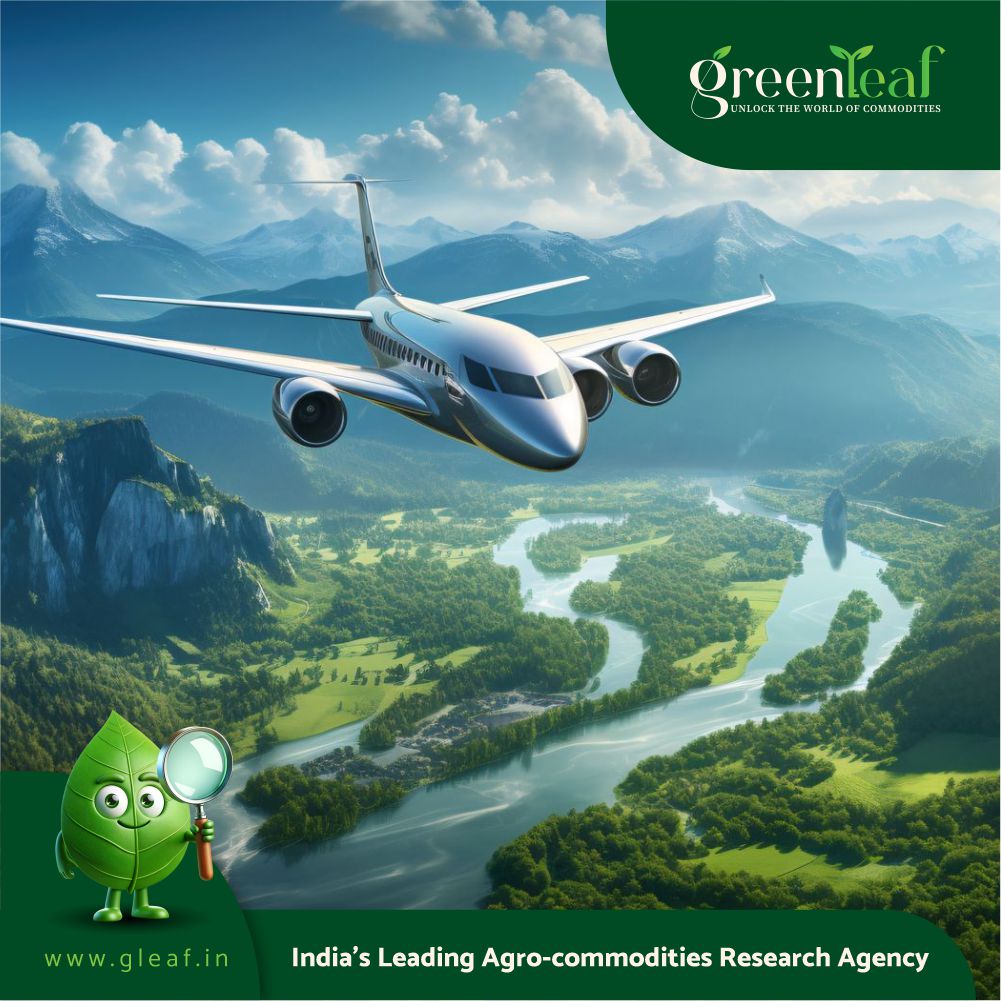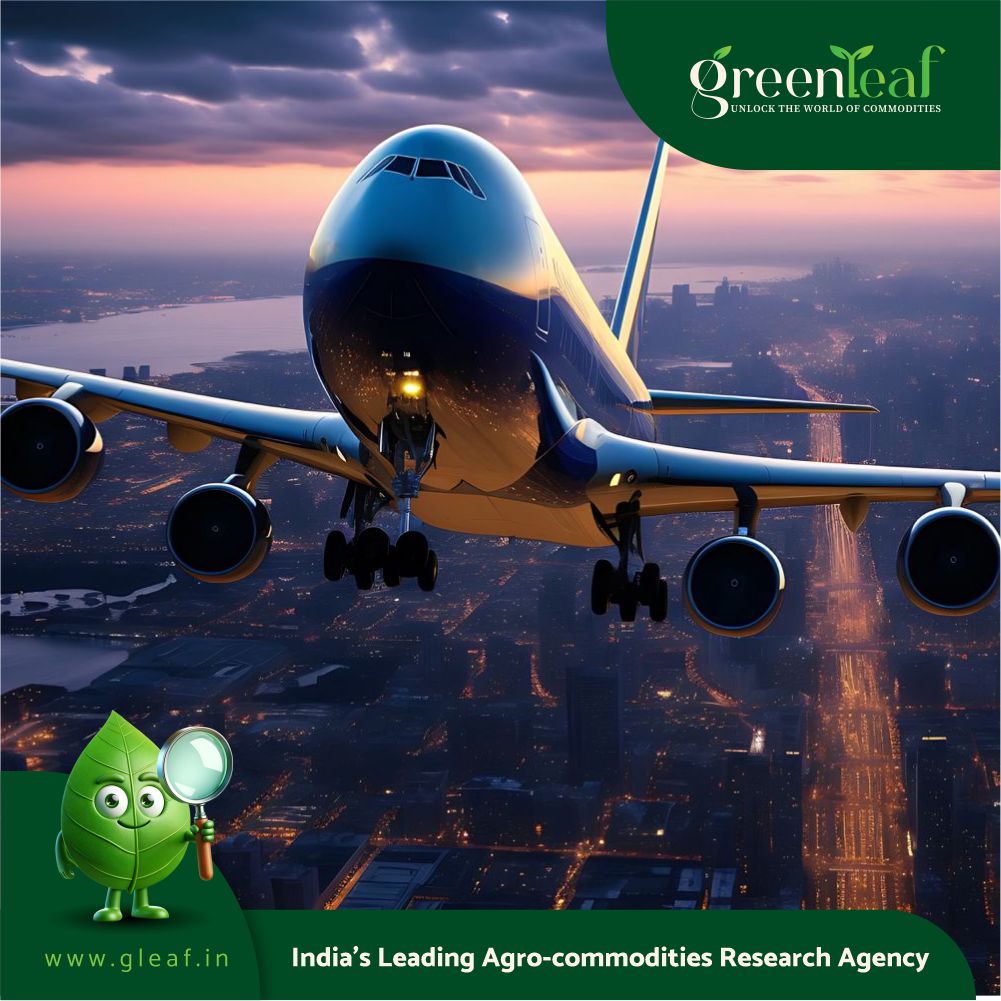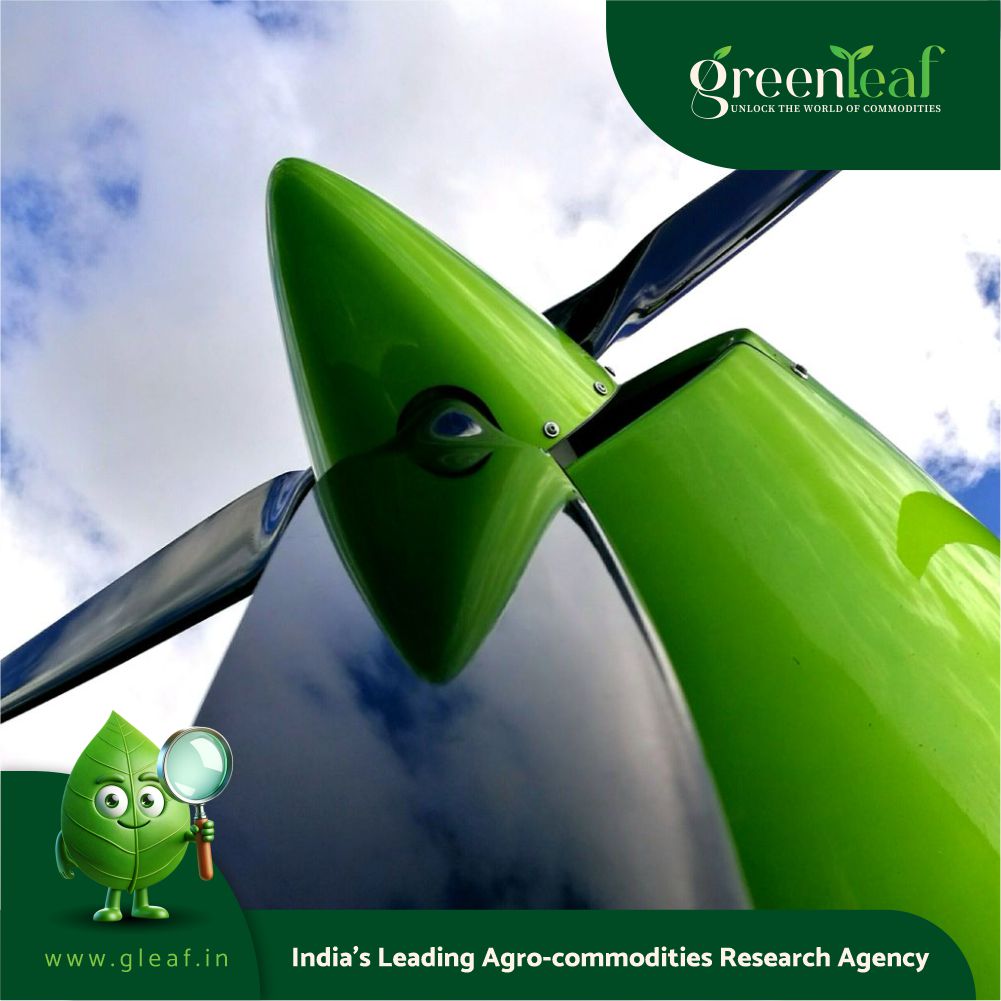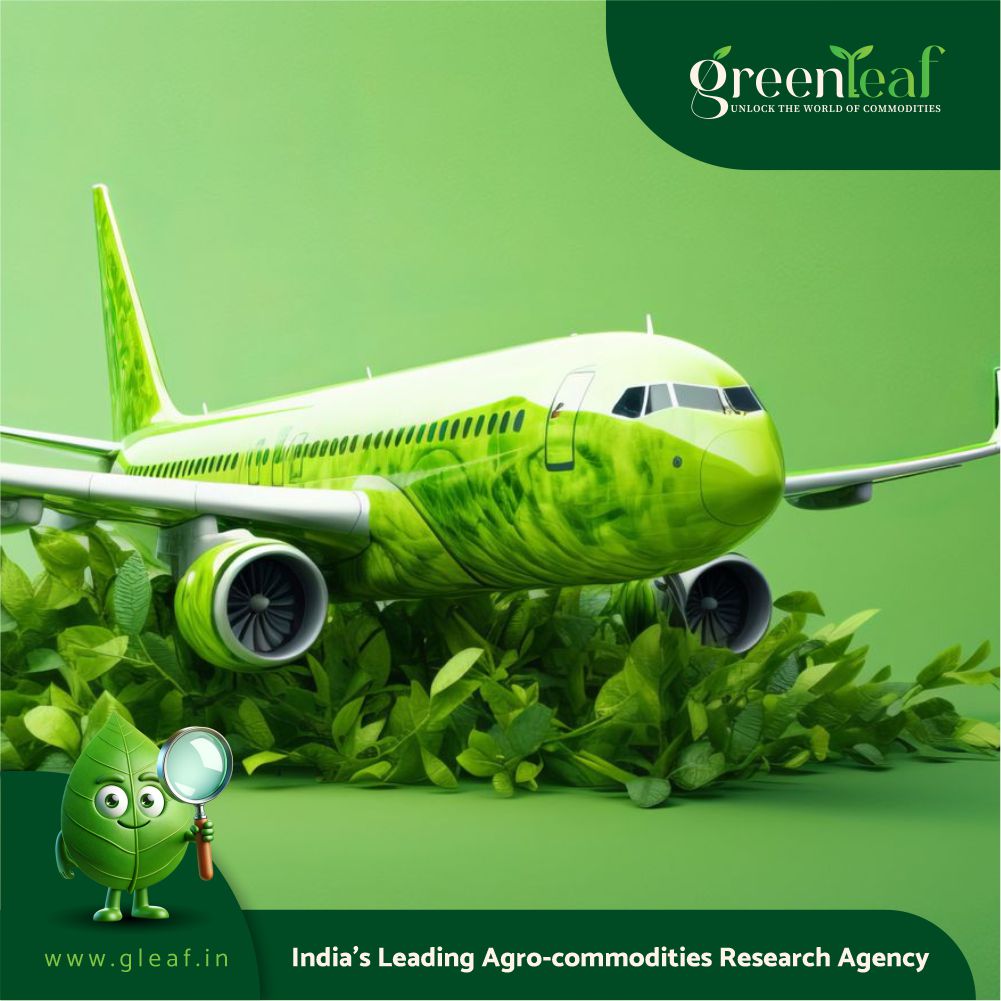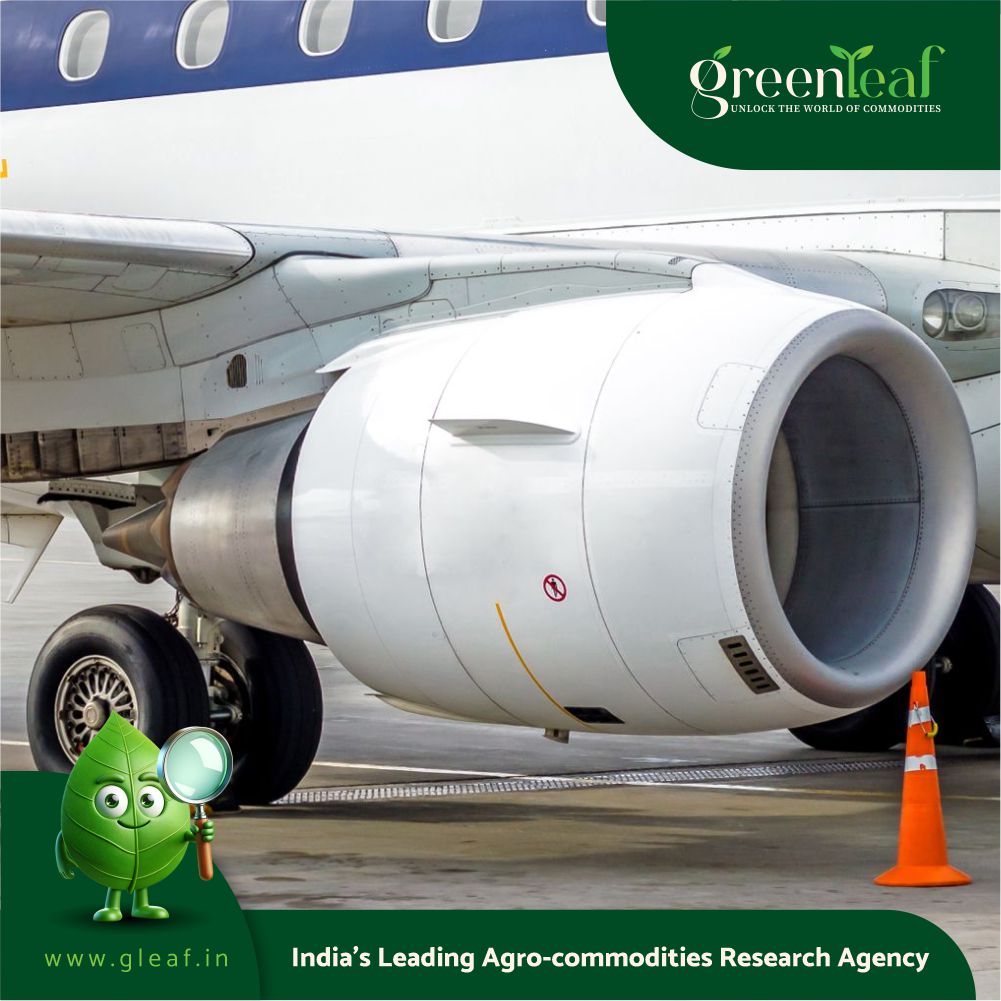It defines “large-scale projects” as those with a production capacity of more than 10,000 tonnes of e-SAF a year and the “advanced stage” meaning the project is either undergoing the Front-End Engineering Design (FEED) phase or pending FID after completing its FEED.
“The EU’s law on sustainable aviation fuels kick-started an e-kerosene revolution in Europe, but fuel suppliers are not cashing in on this potential,” commented T&E Aviation Policy Officer Camile Mutrelle on the study’s report. “Without more final investment decisions, the EU’s 2030 target and plans to prosper from green aviation will fail. To succeed, these projects need a stable legal framework, as provided by ReFuelEU, and funding through an array of public support mechanisms and private capital investments.”
The report says that while Europe has a head start on e-SAF, other markets are advancing. For example, China now has 10 large-scale plants announced, representing around 20% of global capacity. The United States is also catching up, with the largest e-SAF offtake agreement to date secured by US startup Twelve with airline group IAG, and the world’s first-ever FID for a large-scale e-SAF plant achieved by startup Infinium, which is expected to have up to 22,000 tonnes of e-fuels capacity per year.
European projects face significant hurdles, says T&E, and with each e-SAF plant requiring €1 billion to €2 billion in capital, financing poses the biggest barrier, with energy costs, infrastructure and CO2 sourcing bringing other challenges. It claims EU funding mechanisms are not strong enough to support the level of investment required “and traditional fuel suppliers are notably absent from the conversation,” the report observes. “To date, major oil companies have made negligible contributions to e-kerosene, while continuing to spend billions on fossil fuels.”
Added Mutrelle: “Startups have taken the lead, but lack the internal resources to finance the capital-intensive infrastructure that is urgently needed. Getting oil majors on board and EU financing mechanisms up to scratch will give e-kerosene the lift-off it needs. The STIP is a chance to set the right flight path by prioritisng e-SAF, providing a comprehensive mechanism to address the challenges EU projects face.”
Regulatory uncertainty is another challenge, with a perception by T&E that industry pressure to delay ReFuelEU’s SAF targets have been unhelpful, “making the scheduled review of the legislation in 2027 especially vulnerable.”
T&E also calls for a European market intermediary using a double-sided auction mechanism to be established to address the current issues around financing.

